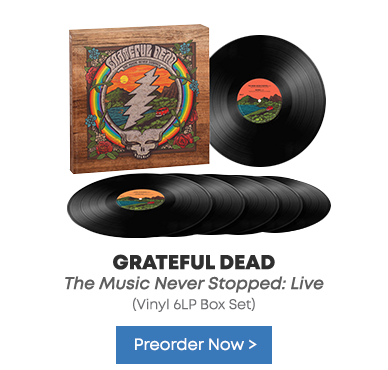Yes entered into a new stage of their musical evolution with the release of their first and, to date, only album featuring both Trevor Horn and Geoff Downes - better known to music fans of the day as The Buggles - as members of the band. Given how many lineup changes have taken place within the ranks of Yes over the years, it's almost quaint to think that there was a time when fans of the band found themselves worrying that there might not be a Yes anymore with the departure of Jon Anderson from the frontman position.
Ironically, Anderson and Rick Wakeman had been psyched to put together the band's follow-up to 1978's Tormato, but bandmates Steve Howe, Chris Squire, and Alan White were decidedly less enthusiastic, having not been entirely ecstatic with the results of Tormato, and when push came to shove, Anderson and Wakeman opted to leave the band. The remaining three members of Yes decided to keep the group going, which was right around the time that Horn and Downes were finding success with "Video Killed the Radio Star," and after the two gentlemen attended a band rehearsal and found themselves fitting in with the remaining trio, they decided to join forces under the Yes banner.
1980's Drama has a decidedly different feel from the Yes albums which preceded it, but it serves as a bridge between the prog-rock of the '70s and the new wave sounds which were proliferating as the '80s were kicking off, and it also created a bond with Horn which ultimately led to the further evolution of Yes when Anderson returned, Trevor Rabin joined up, and the group released 90125, produced by Horn.
1. Machine Messiah
2. White Car
3. Does It Really Happen?
4. Into The Lens
5. Run Through The Light
6. Tempus Fugit





































